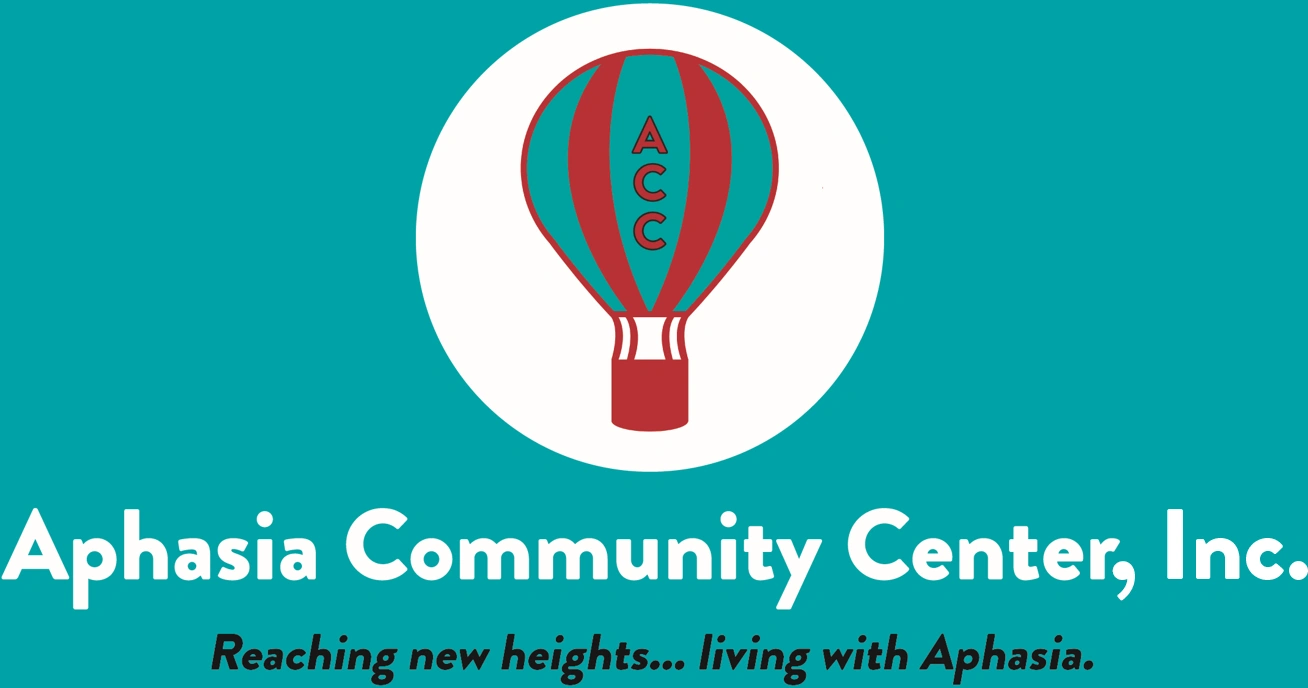Imagine waking up one day to find that the words you want to say just won’t come out right. You know what you want to express, but the sentences are jumbled, the words misplaced. Communication is something we often take for granted. Still, the ability to connect with others through language is a fundamental human need. By experiencing aphasia through simulation, we begin to get a glimpse of what living with aphasia could feel like.
Aphasia simulations are tools that offer valuable insights into the challenges faced by individuals with aphasia. Although these experiences won’t fully replicate the complexity of living with aphasia, they do offer many benefits.
- Increased Understanding: One key benefit of these simulations is the increased awareness and empathy they foster. This understanding can lead to more effective communication strategies and a more supportive environment for those with aphasia.
- Training: Speech-language pathologists often use these simulations to train caregivers, medical professionals, and even business owners to better support those with aphasia. By experiencing aphasia through simulations, individuals can develop more effective communication strategies and a deeper appreciation for the patience and effort needed in interactions.
- Learn About Aphasia: Aphasia simulations are available to anyone interested in learning more about aphasia. Whether you’re a teacher wanting to educate students about language and the brain, a member of a support group looking to deepen your understanding, or simply a curious individual, these simulations are a valuable resource.
Simulations have limitations compared to real-life experiences because they can’t fully replicate the complexity of living with aphasia.
- Limited Sensory Input: Simulations rely on visual and auditory cues, but they can’t fully replicate the sensory overload or fatigue that real-life interactions bring. People with aphasia experience a constant overwhelming stream of information from their environment.
- Emotional Impact: Simulations can’t fully capture the emotional toll of living with aphasia. Real-life frustration, anxiety, and feelings of isolation are more intense and persistent. The emotional impact of aphasia extends beyond communication by affecting self-esteem, relationships, and mental health.
- Context and Adaptation: Simulations provide isolated scenarios, but real-life communication happens in noisy environments, social gatherings, and medical appointments.
- Individual Variability: Aphasia manifests differently for each person based on their unique circumstances, personality, and support system. Some struggle with word-finding, while others have comprehension issues or difficulty reading. Simulations can’t substitute this variability.
- Long-Term Effects: Simulations offer a brief glimpse, but living with aphasia over months or years involves ongoing challenges, coping strategies, and gradual improvement or adaptation.
- Social Interaction: Real-life aphasia involves interacting with family, friends, and strangers. The impact of aphasia on relationships and social participation is profound. Simulations can’t replicate the nuances of these interactions.
- Personal Identity and Goals: Aphasia affects a person’s sense of self and identity. Simulations don’t capture the loss of one’s “voice” or the frustration of being misunderstood. Real-life experiences involve navigating life changes by setting personal goals, relearning a hobby, and/or developing the skills needed to return to work.
The digital age has brought innovative ways to better empathize with and understand aphasia. Through interactive simulations, individuals can experience aphasia. Aphasia alters how someone processes language; therefore, the simulation exercises cover different aspects of communication, including listening, reading, writing, and speaking. Participants may find themselves struggling to find words, understand language, or read and write effectively. Here are some resources you can explore to help you appreciate the communication challenges people with aphasia face.
- Voices of Hope for Aphasia: Voices of Hope for Aphasia offers an Aphasia Simulation developed by Dr. Jackie Hinckley and Keen Research. This simulation offers various scenarios where participants can experience the hurdles of reading, writing, speaking, and listening with aphasia. It’s an eye-opening journey that can change one’s perspective on language disorders. Start the Aphasia Simulations here.
- EVA Park (Virtual World for People with Aphasia): EVA Park was created by the EVA project at the University of London via a process of co-design involving usability experts, speech and language therapy researchers, and consultants with aphasia. This simulation is a therapy tool where participants can explore a virtual world, converse with avatars, and engage in communication exercises. Virtual locations include shops, restaurants, a hairdresser, houses, a bar and disco. Although EVA Park is not currently available to the public, you can view videos of people using the software. Access the website here.
- EatSpeakThink.com is a website created by Lisa A. Young, MA, CCC-SLP, with resources for adults with difficulty swallowing, communication, or cognition. She provides interactive simulations that challenge participants to perform tasks with imposed language difficulties, mirroring the experience of aphasia. These activities range from listening exercises to speaking challenges and are designed to reflect the real-world implications of aphasia. Access 12 Ways to Experience What Aphasia is Like Here.
Aphasia simulations are potent means of education, therapy, and empathy-building. They offer a unique perspective on the challenges faced by those with aphasia and encourage a deeper understanding of the condition. Yet, they can only simulate the aphasia experience because real life is complicated.
___________________
Sources: National Aphasia Association aphasia.org, Voices of Hope for Aphasia vohaphasia.org, EatSpeakThink.com eatspeakthink.com, EVAPark evapark.city.ac.uk

